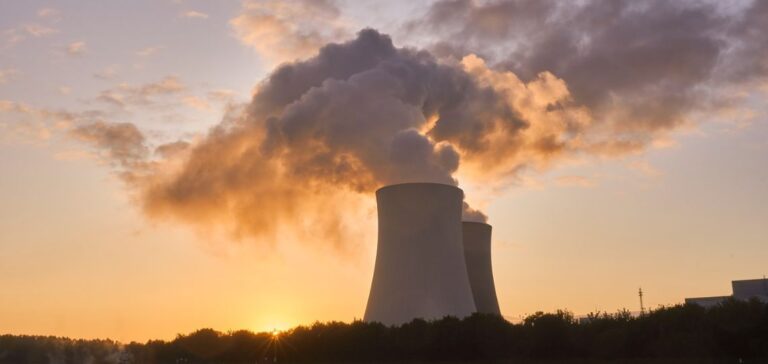The Polish Economic Institute, in collaboration with Polskie Elektrownie Jądrowe (PEJ) and Bank Gospodarstwa Krajowego, is initiating a study to gauge the interest of Polish companies in the construction of the country’s first nuclear power plant, located in Pomerania. The aim of this survey is to assess the Polish industrial potential for this project, and to identify solutions to support company participation, such as financial support systems and help in obtaining the necessary certifications.
Study background and objectives
Analysis of the results will enable PEJ to understand the interest of local companies and identify the tools needed for their participation in the supply chain. In September 2021, the Polish government announced the construction of six large pressurized water reactors, with a total capacity of 6 to 9 GWe, by 2040. Construction of the first plant, with a capacity of 3,750 MWe, is due to start in 2026, with commissioning of the first reactor scheduled for 2033. AP1000 technology from US company Westinghouse has been chosen for the project, in accordance with an agreement signed in May last year between Westinghouse, Bechtel and PEJ.
Role of the Polish Economic Institute
The Polish Economic Institute, a public economic think tank, will play a central role in this study, examining the level of interest among Polish companies and identifying potential obstacles to their participation. The institute will use a detailed survey to gather information from companies interested in cooperating in the construction of the nuclear power plant. The results will form the basis for profiled actions to support companies and suppliers, so that they can participate competitively in the supply chain.
Impact and prospects
The Institute’s study takes into account the specific nature of the sector, and is preceded by qualitative research and industry consultations. The current phase of the study, based on a quantitative survey, aims to gather detailed information and opinions from entrepreneurs in the industry, whatever their size and field of activity. PEJ sees this study as an opportunity for Polish companies to play an active part in the supply chain for this nuclear project.
This study is a crucial step in determining the current state of readiness of Polish companies for this strategic investment and in estimating their potential participation, while taking into account international legal regulations.






















